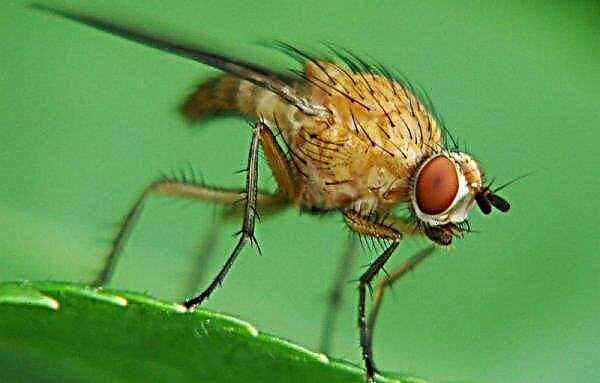An infectious and deadly strain of bird flu has been confirmed in a commercial herd of turkeys in South Carolina, the first case of a more serious strain of the disease in the United States since 2017 and a cause for concern in an industry that has been devastated by previous outbreaks.
A pathogenic case was discovered during an operation in Chesterfield, South Carolina, marking the first case of a more dangerous strain since it was discovered in a flock of birds in Tennessee in 2017. In 2015, about 50 million poultry were killed in operations, mainly in the Upper Midwest, after infection spread throughout the region.
Wild turkeys can fly at speeds up to 90 km / h.
“Yes, this applies to cases where we see a flash, but we are ready to respond very quickly, and it was done now”“Said Lindsay Cole, a spokeswoman for the Animal and Plant Health Inspection Service, USDA.
In recent months, the U.S. Department of Agriculture has worked with scientists and farmers in North Carolina and South Carolina, where a low pathogenic or less severe strain of bird flu has been discovered.

Low pathogenic avian influenza causes few clinical signs in infected birds. However, two strains of low pathogenic avian influenza: H5 and H7 can mutate into highly pathogenic forms, which are often fatal to birds and easily transmitted between susceptible species.

Cases with low levels of pathogens have already been in the area near the state border of South Carolina and North Carolina, and the US Department of Agriculture has carefully monitored and tested. The case in Chesterfield County, South Carolina is expected to be another pathogenic disease, but it came from a laboratory-high pathogenic condition, which means that a less severe virus has mutated into a more serious version.
- Argentinean biotechnology company Bioceres SA hopes that the stress-tolerant genetically modified soybean seeds it develops with the HB4 gene will be approved in the United States within the next month and by the end of 2020 in China.
- Stocks of pork and chicken in the US in October reached new all-time highs this month.
- This spring, the USDA plans to conduct extensive testing of American pigs for African swine fever.












